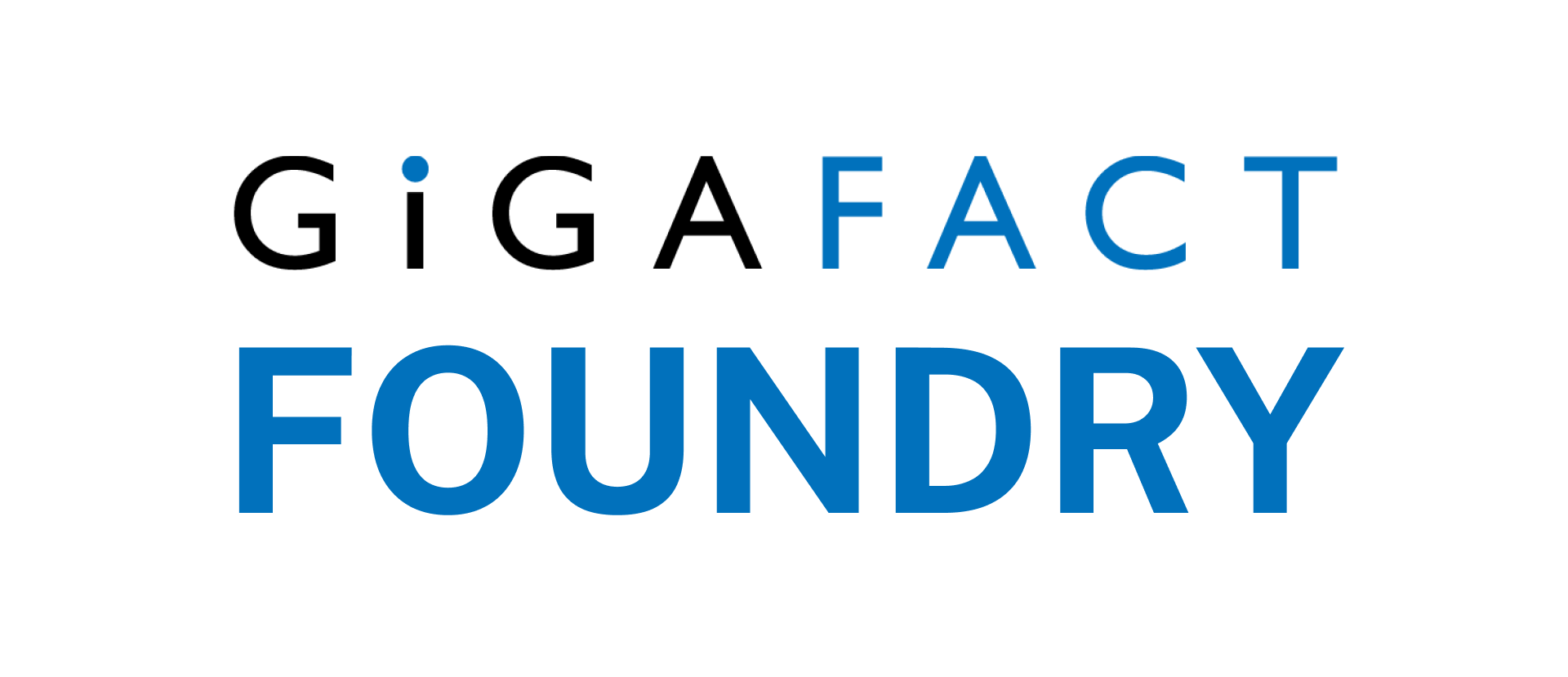Tuesday, Aug. 17, 2021
Did recently-published research find signs of impaired cognitive development in children born during the pandemic?
Researchers comparing cognitive scores of a group of Rhode Island children born in 2020 and 2021 to scores of others born in the preceding decade found that “children born during the pandemic have significantly reduced verbal, motor, and overall cognitive performance compared to children born pre-pandemic.” This effect was more pronounced among impoverished children.
The study, which is awaiting peer review, was funded by the National Institutes of Health, and conducted by a team of researchers at Brown and other U.S. universities.
While causation was not definitively established, researchers cite concerns about the impact of pandemic policies—stay-at-home orders, masking and social distancing—on early neurodevelopment given the “missed educational opportunities and reduced interaction, stimulation and creative play with other children.”
The known negative impact of conditions such as “family and home stress, parent and child anxiety, lack of stimulating environments,” and financial strain adds support to the findings, they said.
This fact brief is responsive to conversations such as this one.
Sources
- medrXiv Impact of the COVID-19 pandemic on early child cognitive development: Initial findings in a longitudinal observational study of child health
- The BMJ COVID-19: Children born during the pandemic score lower on cognitive tests, study finds
- National Institutes of Health Who we are
- Cambridge University Press Prenatal maternal stress during the COVID-19 pandemic and infant regulatory capacity at 3 months: A longitudinal study
About fact briefs
Fact briefs are bite-sized, well-sourced explanations that offer clear "yes" or "no" answers to questions, confusions, and unsupported claims circulating online. They rely on publicly available data and documents, often from the original source. Fact briefs are written and published by newsrooms in the Gigafact network.
See all fact briefs
Between 2020 and 2022, under close editorial supervision, Gigafact contracted a group of freelance writers and editors to test the concepts for fact briefs and provide inputs to our software development process. We call this effort Gigafact Foundry. Over the course of these two years, Gigafact Foundry writers published over 1500 fact briefs in response to claims they found online. Their important work forms the basis of Gigafact formats and editorial guidelines, and is available to the public on Gigafact.org. Readers should be aware that while there is still a lot of relevant information to be found, not all fact briefs produced by Gigafact Foundry reflect Gigafact's current methods and standards for fact briefs. If you come across any that you feel are out of date and need to be looked at with fresh eyes, don't hesitate to contact us at support@gigafact.org.
Learn MoreLatest Fact Briefs
Is there a scientific consensus that life begins at conception?
Thursday, Aug. 4, 2022
Do countries around the world subsidize fossil fuels?
Wednesday, Aug. 3, 2022
Is the repeal of Roe v. Wade expected to increase the maternal death rate?
Wednesday, Jul. 27, 2022
